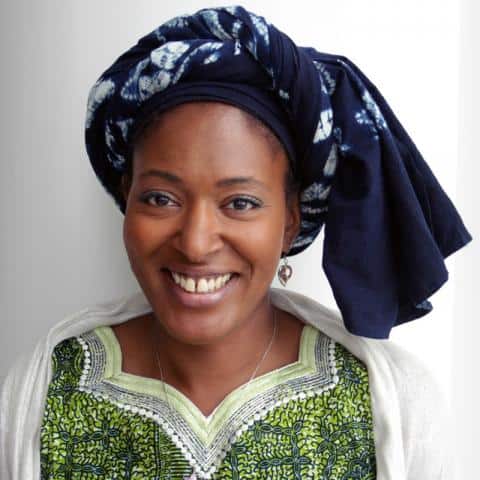by Stacey Aviva Flint
Editor’s Note: In honor of MLK Day this month, we are delighted to share this blog by a passionate leader in Jewish diversity. Your family can join us to do service on MLK Day!
“Therefore we must place as our highest priority educating our children in our ideals, so that what we begin they will continue, until the world changes because we have changed.”
Rabbi Jonathan Sacks, former Chief Rabbi of Great Britain and the British Commonwealth
As parents, we all want our children to know key information about us and find worth in carrying on our values. Often I think I should begin writing an “Ethical Will” for my children. A Zava’ah, (Hebrew for Ethical Will) is a document containing your deepest beliefs, hopes and life lessons you desire your children to carry on after you are gone, to inform their lives and generations to come.
First, I want my children to know I did not grow up Jewish, but I GREW UP Jewish. What do I mean by this? Oddly enough, I was raised without a religious tradition other than being told about Jesus. Raised by my grandmother, a member of the Silent Generation and my great grandmother who is best described as part of the Lost Generation (birth is unknown, earliest 1881 latest 1885). People from these generations spoke very little about their lives or beliefs, but when they did, the stories were unbearably sad. The themes of racism, cruelty and limited opportunities made me thankful for a return to silence. Hope and beauty came to me when I opened the pages of the big book in the room I shared with my great grandmother. This book told me of a G-d who created everyone and would listen to your deepest longings. I learned of an ancient people who always frustrating this G-d, but with whom he was madly in love with and always giving them a second chance.
At seven years old, I decided to look for this G-d and these people. I told my family I had to find G-d. It blows my mind to think that I was allowed to dress up, travel across busy streets, and attend services at different places of worship, alone. I spent many years, but I could not find this G-d or these people. I went on to spend many frustrated years as part of a fundamentalist cult. In a spark of self-determination, I added Jewish studies to my undergraduate studies. For the first time, I explored questions I never dared ask and read forbidden material. It culminated into my first professional job after graduate school at a Jewish Social Justice organization. Here I confronted and changed my views on the death penalty, obedience to authority, racism, and Anti-Semitism as I wrestled with Jewish texts as well as learning the benefit of healthy debate. I went through the cycles of Holy Days, learned to remember my own family’s history with slavery from sitting at Seder tables, eat kosher meals, translated Hebrew for programs and had my first child. Seeing my baby in her high chair at her first Seder or first Sukkot outing, I knew I had found our people. Because of her and later her brother, I faced the fact that through much profound soul searching, I had actually grown up, and to be Jewish had been my search and destination all along.
I learned to not let history fade away, but to learn from those who have lived it. I did not march with Dr. King, but I have marched in his footsteps. My first professional job was at an organization started by a Rabbi who marched with Dr. King in Selma. For me, Black and Jewish collaboration did not end with the Civil Rights era; it was alive each time we took a stand on police brutality, affordable housing or immigrant justice with Jews, Catholics, Baptists and my kids in their strollers. Now, I try to have MLK not be a day off school, but a chance to go to join the combination of the Jewish and African American community at the Baptist church where Dr. King spoke when it was a synagogue. My hope is my Jewish children of African American descent will bridge builders of stronger and more authentic relationships between Blacks and Jews.
Finally, I want my children to understand they have an obligation to learn about African American history and Jewish history. To not be afraid of the failures of either group, but to cherish their combined families; engage in debates and struggles not to prove who is right, but to remind us that we are all b’tzelem elokim (made in the image of G-d).
Stacey Aviva Flint is a Jew of Color, urban planner, and Masters candidate in Jewish Studies at the Spertus Institute of Jewish Learning and Leadership in Chicago. Stacey began as the Policy Director for Chicago’s Jewish Council on Urban Affairs (JCUA) involved advocating for housing reform, criminal justice, and Jewish/African-American dialogue. Stacey is passionate about Jewish African American relationship building and is a member of the Jewish Black Business Alliance, American Jewish Committee, JCRC of Chicago Jewish Federation, Chicago JCC Engagers, and the Jewish Council on Urban Affairs. Stacey is currently Outreach and Engagement Coordinator at West Suburban Temple Har Zion in River Forest, Illinois.
Check out her powerful new ELI Talk here.




